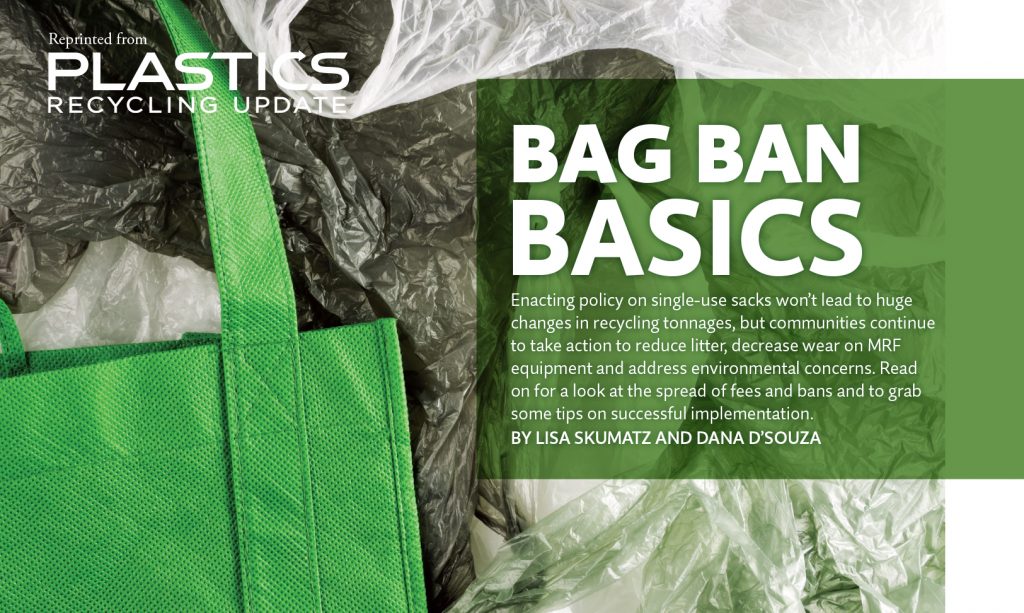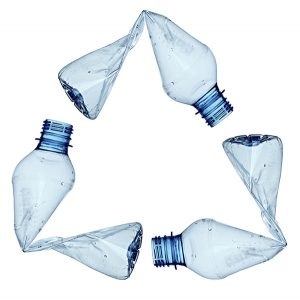 City leaders have voted to prohibit Baltimore restaurants from providing expanded polystyrene foodservice items.
City leaders have voted to prohibit Baltimore restaurants from providing expanded polystyrene foodservice items.

 City leaders have voted to prohibit Baltimore restaurants from providing expanded polystyrene foodservice items.
City leaders have voted to prohibit Baltimore restaurants from providing expanded polystyrene foodservice items.

Extended producer responsibility rose to the forefront of debate in Connecticut as a strategy to reduce packaging waste in line with state mandates. A committee tasked with advising lawmakers during the coming legislative session recently split on the strategy, but the majority advised against it.
This story originally appeared in the November 2016 issue of Plastics Recycling Update.
Subscribe today for access to all print content.


Clarissa Morawski
Single-use packaging is easy to spot. A short walk along a beach, anywhere in the world, will reveal the consequences of our throwaway culture as each tide brings in a fresh layer of debris, most of it single-use plastics.
 With a new strategy to tackle plastics, the European Commission says it has the recycling industry’s back.
With a new strategy to tackle plastics, the European Commission says it has the recycling industry’s back.
 A key unknown during the Congressional tax negotiations was the fate of tax-exempt private activity bonds, which are frequently utilized in the solid waste and recycling industry. They are retained in the final tax bill.
A key unknown during the Congressional tax negotiations was the fate of tax-exempt private activity bonds, which are frequently utilized in the solid waste and recycling industry. They are retained in the final tax bill.
 The federal tax bill that passed Congress this week retains tax incentives and exemptions that could boost the recycling sector.
The federal tax bill that passed Congress this week retains tax incentives and exemptions that could boost the recycling sector.
 Two industry groups have released reports examining plastic packaging recycling in Europe and where it’s headed.
Two industry groups have released reports examining plastic packaging recycling in Europe and where it’s headed.

Tax reform legislation moving through Congress could help plastics recycling companies deduct equipment expenditures.
Tax reform bills approved by the U.S. House and Senate include sweeping cuts to business taxes, and recycling industry associations are applauding the business-friendly measures.

In times dominated by political divide, materials recovery is one area that has bipartisan support — at least on America Recycles Day.
